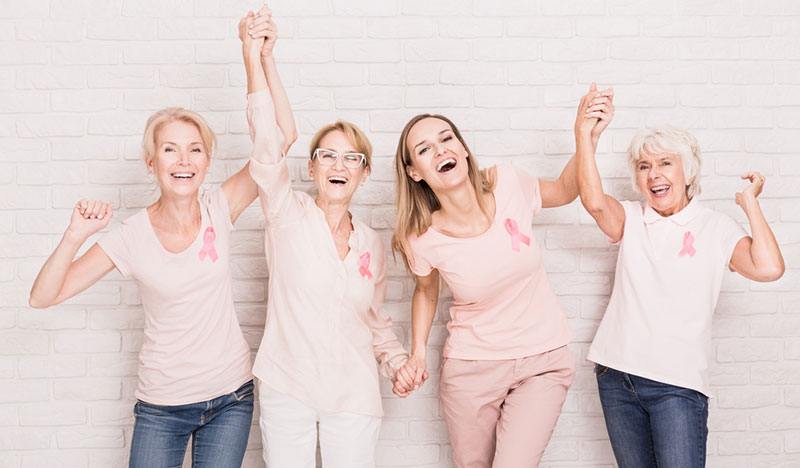Don’t Put It Off: Need-To-Know Info About Mammograms
Cancer CarePosted:

It’s a sobering statistic: About 1 in 8 women born today in the United States will get breast cancer at some point in their lives. Like many other diseases and cancers, early detection makes all the difference for treatment and survival.
Still – many women skip an annual mammogram. A recent report showed only about 65 percent of women above the age of 40 had a mammogram within the past two years, according to the Centers for Disease Control and Prevention.
Whatever the reason – misconceptions, confusion over when you should get one, a busy life, or just plain forgetting (it happens to all of us!), here are some important things you need to know about mammograms to keep you informed, engaged, and ready to make that next appointment:
Who should have one?
The American Cancer Society recommends annual screening mammograms for women starting at age 40 and continuing as long as they are in good health.
Your doctor might want you to have a screening earlier if you have a mother or sister with breast cancer. Make a mammogram part of your yearly health checkup since it will also reveal what type of density your breast tissue is, allowing more tests such as MRI or ultrasound if you need it.
What kind should I have?
A screening mammogram looks for signs in women who don’t have any problems, and a diagnostic mammogram checks the breast if there have been changes or problems detected. Mammograms can be 2-D or 3-D depending on what the doctor is looking for.
These images can reveal any potential tumors or abnormalities. Ask your doctor about which one is right for you and when.
What was that about 3D?
Mammograms have advanced from the traditional 2-D exam to 3-D imaging. 3-D mammograms give health care providers more information than the traditional exam.
A 3-D mammogram acquires images from different angles. Plus? The exam only takes about 10 seconds!
Pain concerns
Some women don’t make an appointment for a mammogram because they are embarrassed or believe it is a painful experience.
But Diana McEnerney, director of Lee Health Outpatient Breast Health Imaging, says a mammogram should not be extremely painful. You will, however, feel pressure as a technologist compresses the breast tissue – and that’s necessary to get a high quality image.
The good news? Most patients report that the discomfort is not as bad as they anticipated, Diana says.
Being proactive plays a part
Before you even get a mammogram, you can stay ahead of the game by performing your own breast exam. “By performing your own breast exam, you may discover a new lump earlier than when your annual mammography may be due,” Diana says.
“If you should discover a new lump, it is important for you to follow up with your health care provider as soon as possible. Many people state they forget to do their monthly breast self-exam because they are very busy; you owe it to yourself and your loved ones.”
Stay on track
Documenting exams on a calendar or associating your monthly breast exam with a bill you must routinely pay is a good way to remember to stay on track.
Making an appointment with a friend is a great way to support and remind each other when your annual exam is due.
Compassionate care
Mammograms are essential, important, and potentially life-saving.
The Lee Health Breast Health Centers are staffed with mammography-certified female technologists who are compassionate about their job. “Our team treats every patient with the highest quality patient care and understands how stressful this procedure can be for some patients,” Diana says.
Schedule a mammogram today:
The new 3D mammogram machine is making it easier for doctors to find breast cancer. Use MyChart to schedule a screening today, or if you are not a MyChart user call239-236-4893
If you would to contribute to Healthy News, please contact us at Social@LeeHealth.org

